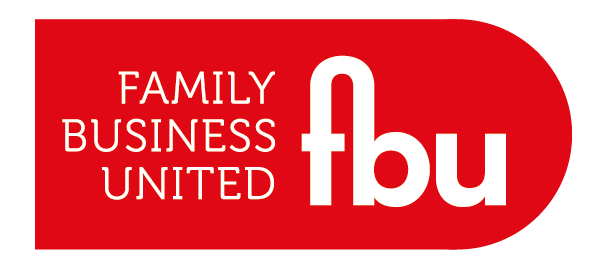
Emotions are a normal part of being human.
- Anger
- Frustration
- Worry
- Lack of control
- Feeling ignored
- Disappointment
They all occur regularly at work and, if unchecked, can lead to conflict. However, as a professional leader, it is important to note that these emotions should not cloud your judgements, whatever the situation.
In the moment:
Bad morning? Didn't sleep well? Perhaps that person on the train really didn't understand the concept of personal space. Whatever the reason, it is not your employee's fault.
In the moment, it is easy to allow emotion to take over and spill into your work interactions.
It is important to be aware of how you are feeling and consider how this may influence your behaviour (like tone, language, and body language), those around you and the business. For example, if a colleague walks angrily into a meeting, others are more likely to feel defensive and probably won't share ideas as much. A perfect recipe for conflict!
Here are some ideas of how to boost your mood and avoid that conflict:

Bias due to past conflict:
Imagine one of your colleagues said something to you earlier in the week to undermine you in front of your team. Now you have a meeting with them and you can feel the negative emotions rising. You know whatever comes out of their mouth will trigger you and will definitely be wrong!
Feelings like this tend to be unproductive and can cause further conflict. As a professional leader you should, try and treat each situation as separate with an unbiased view, free of an existing emotions (easier said than done, though!).
One method you can use to manage anger towards someone is to picture the person you are experiencing conflict with, then:
- Imagine they have ridiculous clothes, hair, or voice - make it comical and over the top.
- Mold them into a little ball.
- Throw/kick the ball as far as you can, over the horizon and out of sight.
- Repeat as many times as you need to!
I've found this is an effective way to remove those negative emotions and bias attached to that person, allowing you to move forward in your professional relationships. This means that when you see them, you will think of them as that ball and smile about it.

Listening properly:
Listening has come up quite a lot in the conflict resolution series. As a leader, learning to listen, without your emotions and feelings distracting you from what others are saying, is a vital skill and you should make sure your employees do this too.
It is easy to get caught up with planning your response to what someone is saying, but this acts as a barrier to really listening and understanding their point of view. A great way to check this - is your tongue on the top or bottom of your mouth? (It sounds strange, but bear with me!) If your tongue is touching the top of your mouth, this is usually because you are getting ready to speak.
Try not to let the judgemental voice in the back of your mind have a say. It can be very distracting for you. Lock them away to enable yourself to listen fully!
At a natural pause, repeat back or summarise what has been said to ensure you have understood correctly, otherwise you risk misunderstanding and causing further conflict. This also makes people feel as though they have really been listened to and helps to build rapport.
Another good tip is to put any distractions away - don't take your phone to a meeting! Give attendees your full attention and your ideas.
For tips on effective listening, read this: https://www.forbes.com/sites/womensmedia/2012/11/09/10-steps-to-effective-listening/#1052f2123891
Overall, emotions and feeling are equal parts normal and complex! However, you can reduce the power they have over your actions. Active listening without bias can help to increase understanding, build rapport and reduce conflict and tension. Introducing these good habits into your team and work culture will make an amazing difference to reducing and resolving conflict.



.jpg)

